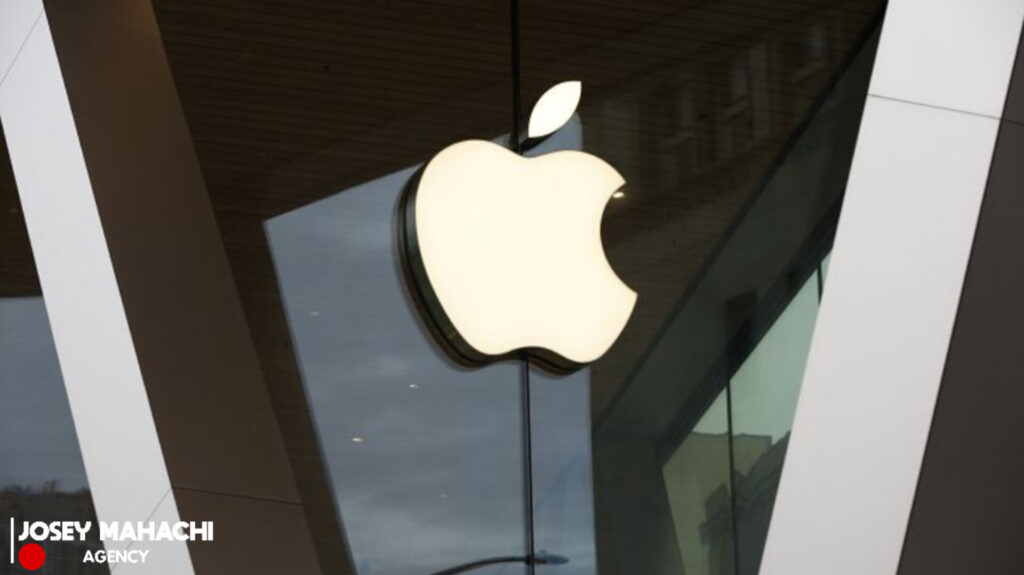By: Lloyd Mahachi
The Democratic Republic of Congo (DRC) has filed a criminal case against Apple’s subsidiaries in Belgium and France, accusing the tech giant of using “blood minerals” in its supply chain. The allegations against Apple are severe, including war crimes, laundering, forgery, and deception. The DRC government claims that Apple has been buying contraband supplies from the conflict-ravaged eastern DRC and Rwanda, which are then integrated into global supply chains and end up in Apple’s devices.
The DRC’s lawyers allege that Apple’s actions make it complicit in crimes taking place in the east of the country. The region has been plagued by violence between rebel groups and the Congolese army since the 1990s, with some artisanal mines being run by armed groups involved in massacres of civilians, mass rapes, looting, and other crimes. The United Nations and human rights groups have long raised concerns about the illegal mining and trade of minerals in the region, which has fueled conflict and human suffering.
Apple has responded to the allegations, stating that it does not source its primary materials directly and that it carefully verifies their origin. However, the DRC’s lawyers claim that Apple’s units in Belgium and France deploy deceptive commercial practices to persuade consumers that its supply chains are above board. This has led to accusations that Apple is misleading its customers about the origins of its products and the human cost of its supply chain.
The case against Apple is significant, as it highlights the ongoing issue of conflict minerals in the tech industry. The use of these minerals has been linked to human rights abuses, environmental degradation, and the financing of armed groups. The DRC’s government is seeking to hold Apple accountable for its alleged role in perpetuating these abuses. Rwanda, which has also been implicated in the allegations, has dismissed the claims as unfounded.
The tech industry has faced growing scrutiny over its use of conflict minerals in recent years. Companies like Apple have faced pressure from consumers, investors, and governments to ensure that their supply chains are free from human rights abuses. While Apple has taken steps to address these concerns, the DRC’s case suggests that more needs to be done to prevent the use of conflict minerals in the tech industry.
The outcome of the case against Apple is uncertain, but it has significant implications for the tech industry and the global supply chain. If Apple is found guilty, it could face significant fines and reputational damage. The case could also set a precedent for other companies to be held accountable for their use of conflict minerals. As the world’s largest tech company, Apple’s actions have the potential to influence the entire industry and drive change in the way that companies source their materials.
Editor: Josephine Mahachi

